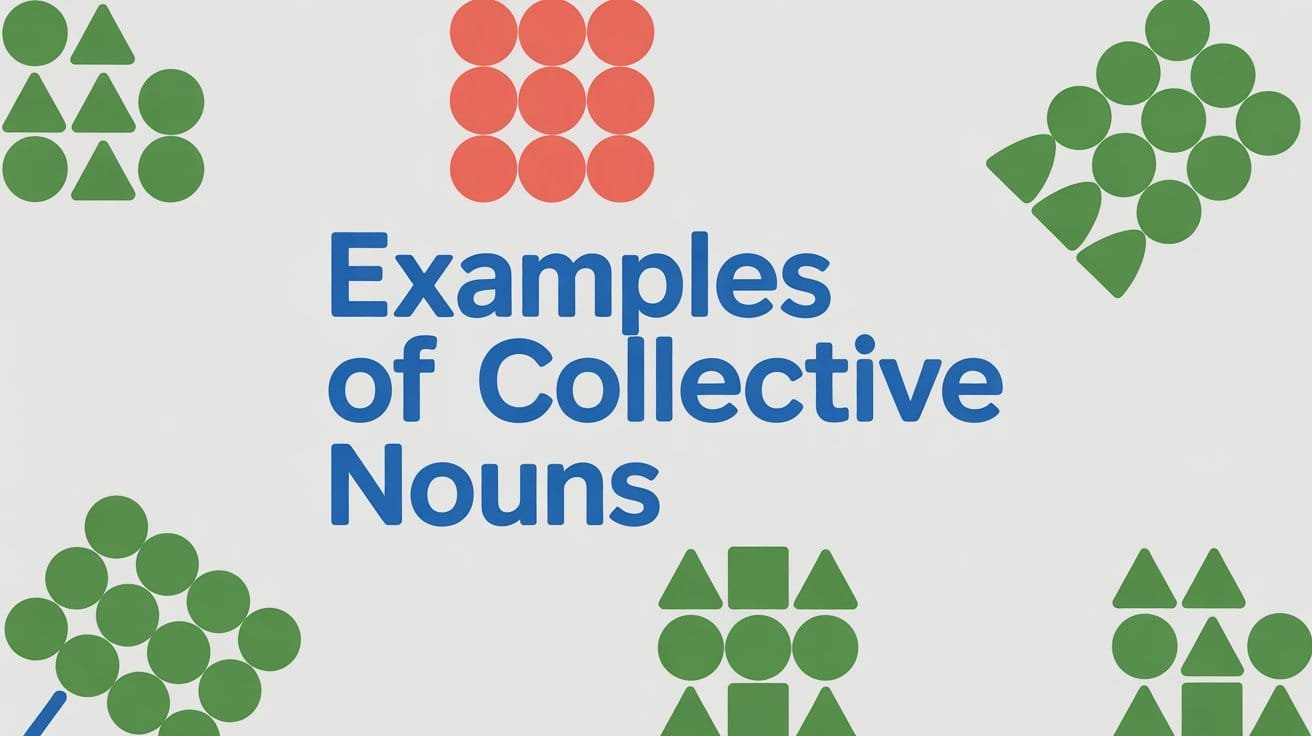Transition words help you link ideas, but sometimes it’s hard to recall the right one when you need it. This quick reference guide organizes over 100 transition words by function, so you can quickly find the word that fits your essay or paragraph.
10 Most Common Transition Words in English
- however
- therefore
- moreover
- in addition
- on the other hand
- for example
- finally
- similarly
- as a result
- in conclusion
List of Addition Transition Words
Addition transition words are used when you want to introduce new information or expand on an idea.
- also
- moreover
- furthermore
- in addition
- besides
- additionally
- as well
- coupled with
- not only… but also
- together with
List of Contrast Transition Words
These transition words are used when you are comparing, opposing, or presenting an alternative point of view.
- however
- yet
- on the other hand
- but
- nevertheless
- still
- in contrast
- whereas
- while
- although
List of Cause and Effect Transition Words
Cause and effect transition words show the relationship between an action and its result.
- therefore
- thus
- consequently
- as a result
- hence
- accordingly
- because of this
- for this reason
- due to
- owing to
List of Sequence and Time Transition Words
Sequence and time transition words help readers follow steps, processes, or the timeline of events.
- first
- second
- next
- then
- after
- afterwards
- meanwhile
- subsequently
- finally
- at last
List of Example and Illustration Transition Words
Example and illustration transition words introduce specific cases that clarify or support a point.
- for example
- for instance
- to illustrate
- such as
- namely
- specifically
- in particular
- as an illustration
- including
- like
List of Conclusion and Summary Transition Words
These transition words signal that you are wrapping up a point or bringing ideas together.
- in conclusion
- to sum up
- in summary
- finally
- in closing
- ultimately
- overall
- at the end
- to conclude
- in the end
List of Emphasis Transition Words
Emphasis transition words draw the reader’s attention to ideas you want to stress or make stand out.
- indeed
- above all
- in fact
- particularly
- especially
- significantly
- importantly
- undoubtedly
- without a doubt
- most of all
List of Comparison Transition Words
Comparison transition words are used to show similarities between two or more ideas.
- similarly
- likewise
- in the same way
- just as
- equally
- correspondingly
- in comparison
- analogous to
- in like manner
- as well as
List of Condition Transition Words
Condition transition words are useful when you want to explain situations that are true only if certain conditions are met.
- if
- unless
- provided that
- in case
- in the event that
- on the condition that
- as long as
- even if
- only if
- whether or not
List of Concession Transition Words
Concession transition words are used when you want to admit a point or acknowledge an opposing idea, while still continuing with your main argument.
- although
- even though
- though
- while it is true
- granted that
- whereas
- despite
- admittedly
- notwithstanding
- regardless of




Thank u for the work that you are doing with the transitions words and was a great help in my essay papers. It very important to learn how english grammar is important to communicate in the working world.